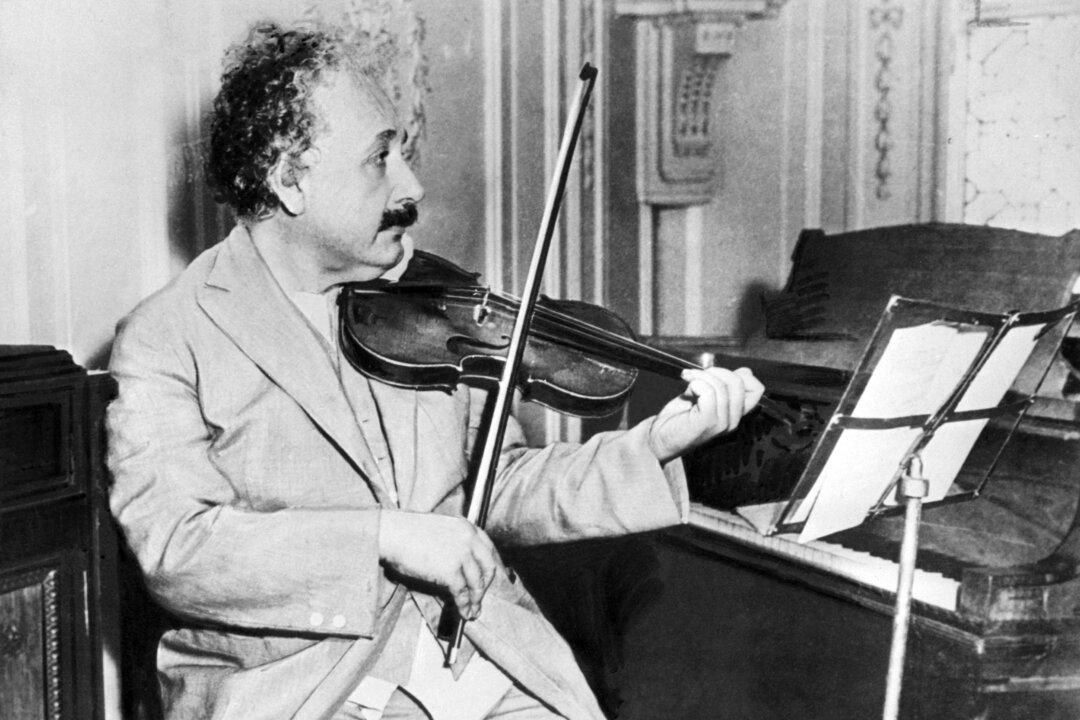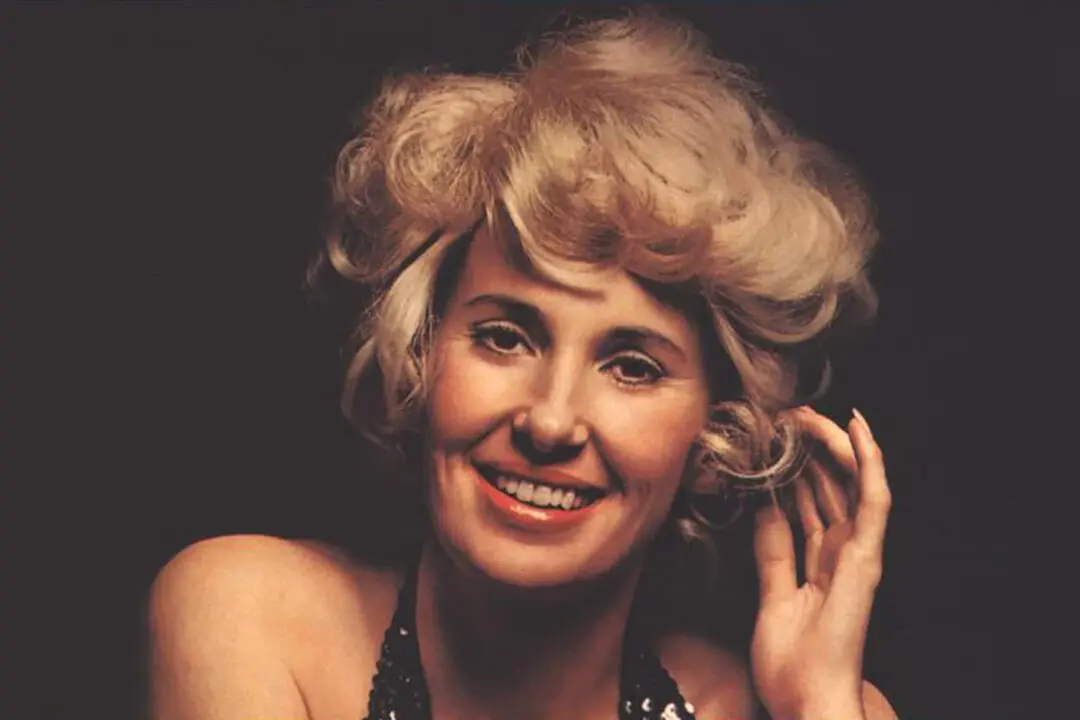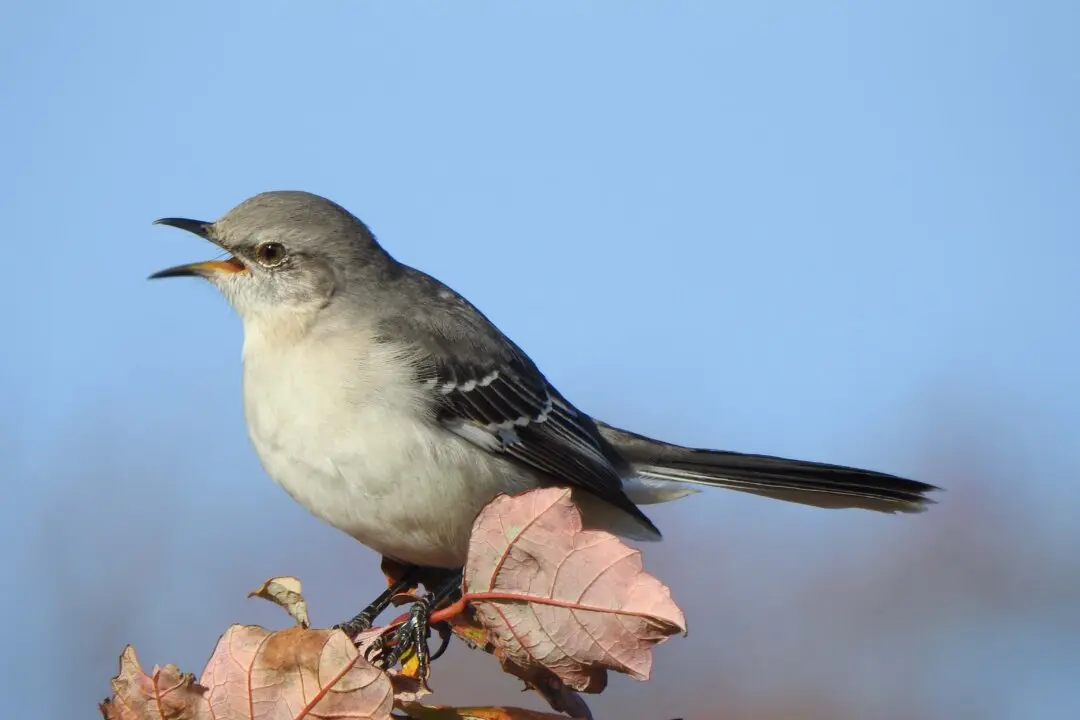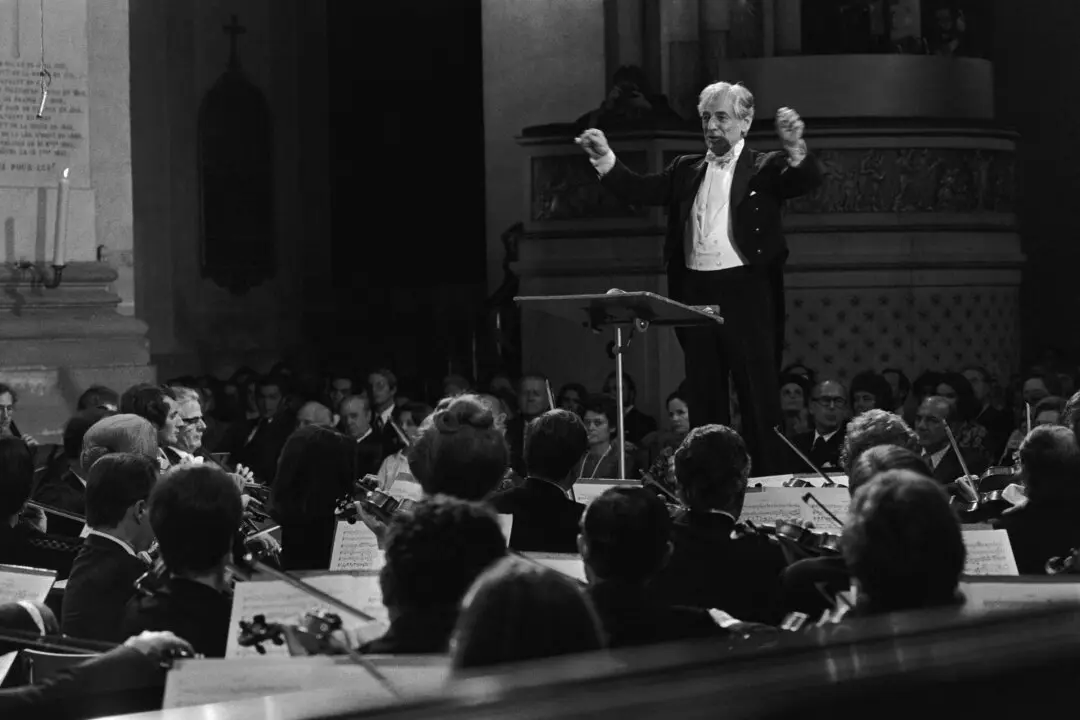Science and the arts are sometimes viewed as opposites, but for revered scientist Albert Einstein, the two subjects were inextricably linked.
Einstein introduced the world to his Theory of Special Relativity in 1905 and his Theory of General Relativity in 1916. He also provided the groundwork for modern quantum theory. His passion for scientific experimentation matched his passion for the violin. He once remarked to the Saturday Evening Post in 1929, “If … I were not a physicist, I would probably be a musician.”





